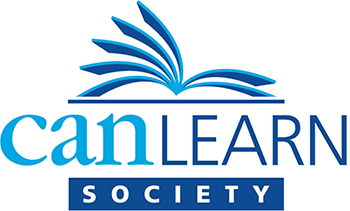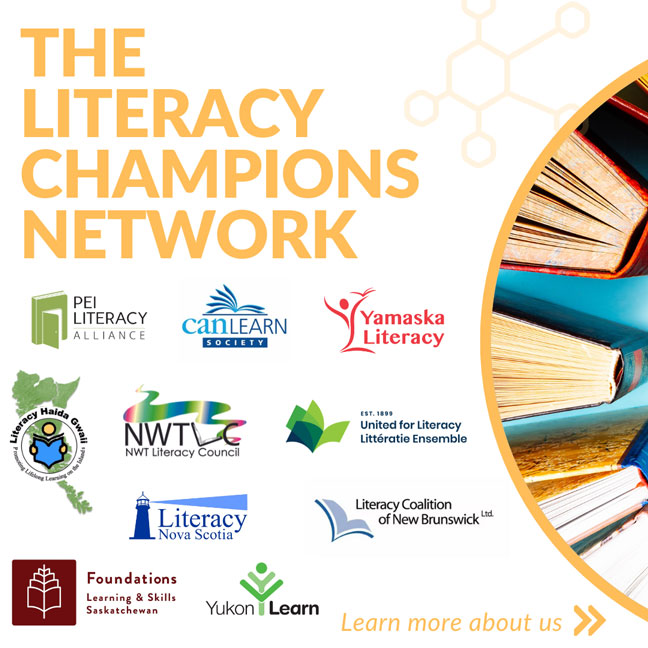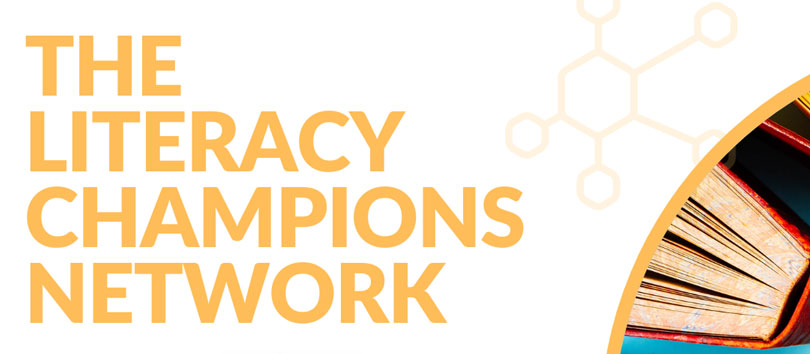The PEI Literacy Alliance recently joined many literacy organizations and formed the Literacy Champions Network. The Network is a coalition of provincial and territorial literacy organizations that work together to promote the importance of literacy across Canada. We share a vision where everyone has the basic skills they need to succeed.
- Follow us on Social Media.
Follow the organizations that make up the Literacy Champions Network on social media. Like and share their pages. Together, we can amplify the message of literacy and make a meaningful impact in promoting literacy for all. From September 1 to 8, each organization celebrates International Literacy Day on social media.
#LiteracyChampionsNetwork #LiteracyDay #InternationalLiteracyDay2023 #Literacy #LiteracyMatters #LiteracyConnects #LiteracyEmpowers #LiteracyOpensDoors #LiteracyForAll
- Donate to Literacy Charities
Consider making financial contributions to literacy-focused nonprofits, community centres or schools. Your donations can help provide books, educational resources, and support literacy programs. You can support CanLearn here.
- Advocate for Literacy Policies and Funding
Raise awareness about the importance of literacy by sharing information on social media, organizing community discussions, or writing to local representatives to advocate for increased support and funding for literacy initiatives. Check out the Left Unread campaign that advocates for early literacy in Alberta.
- Read with Your Children or Other Family Members
Reading for fun can benefit children and adults by improving imagination, focus, and relaxation. You can encourage a love of reading by sharing books with your children or relatives. You can also join a family literacy program or a book club to connect with other readers.
- Start a Book Drive
Organize a book drive in your community to collect new or gently used books. Donate these books to local schools, libraries, or literacy organizations to ensure they reach those who need them.
- Celebrate Literacy Events
You can join local, national and international literacy celebrations by participating in events and initiatives promoting lifelong learning.
- Family Literacy Day on January 27
- World Book Day on April 23
- Indigenous Peoples Day on June 21
- International Literacy Day on September 8
- Canadian Library Month in October
Join us at our free CanLearn Open House on September 7, 2023, at the CanLearn office. RSVP here.
- Support Local Authors and Publishers
You can support Canadian literature by buying, reading, reviewing, and sharing books by local authors and publishers. You can also attend book launches, readings or festivals that showcase Canadian talent and diversity. WordFest is happening in Calgary on October 11 – 15, 2023.
- Create Literacy-Friendly Environments
You can make your home, workplace, or community more encouraging to literacy and learning by providing access to books, magazines, newspapers, or other educational materials. You can also help create spaces where people can read, write, and discuss ideas comfortably and without distractions.
- Promote Community Literacy
Acknowledge and support the unique literacy needs of Canada’s diverse cultural communities. Discover authors, storytellers, and literacy programs dedicated to sharing and preserving our communities’ languages and cultures.
- Recognize and Appreciate Literacy Champions
You can acknowledge and appreciate the people who have made a difference in your literacy journey or the lives of others. You can thank them personally, write them a note, give them a gift or nominate them for an award. You can also celebrate their successes and support their efforts.
Each contribution, no matter how small or large, becomes a vital thread in the tapestry of a more literate and inclusive world. Even the smallest action can significantly impact someone’s life.
Together, we can champion literacy and empower individuals from all backgrounds to unlock the transformative power of lifelong learning.











